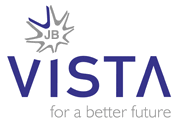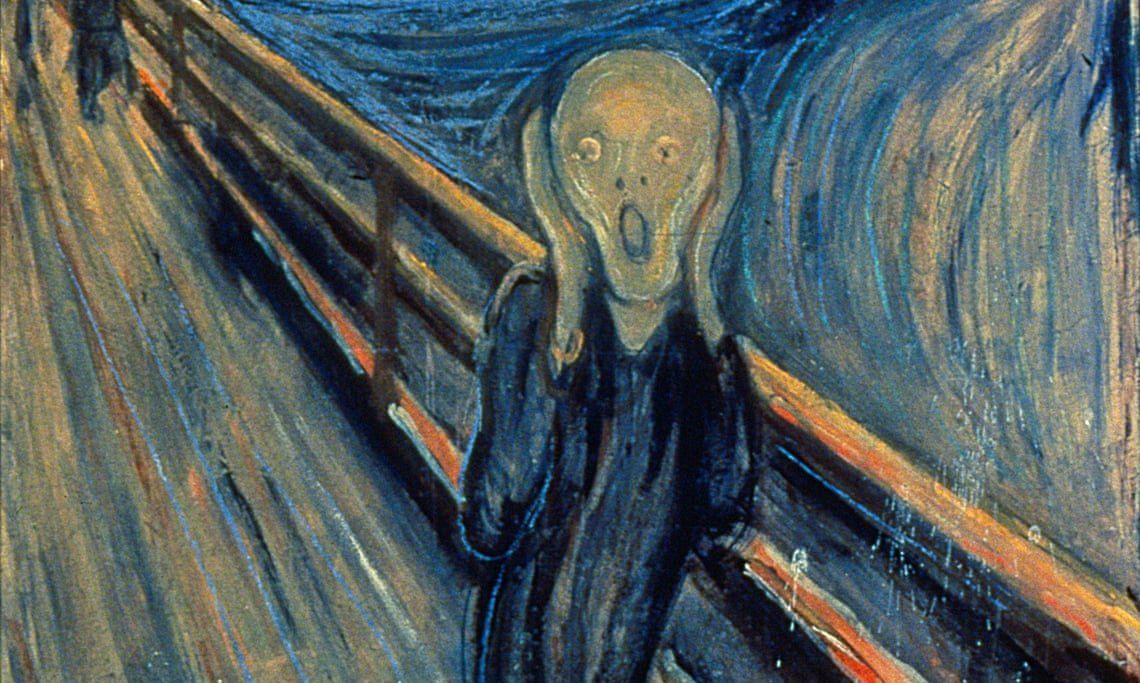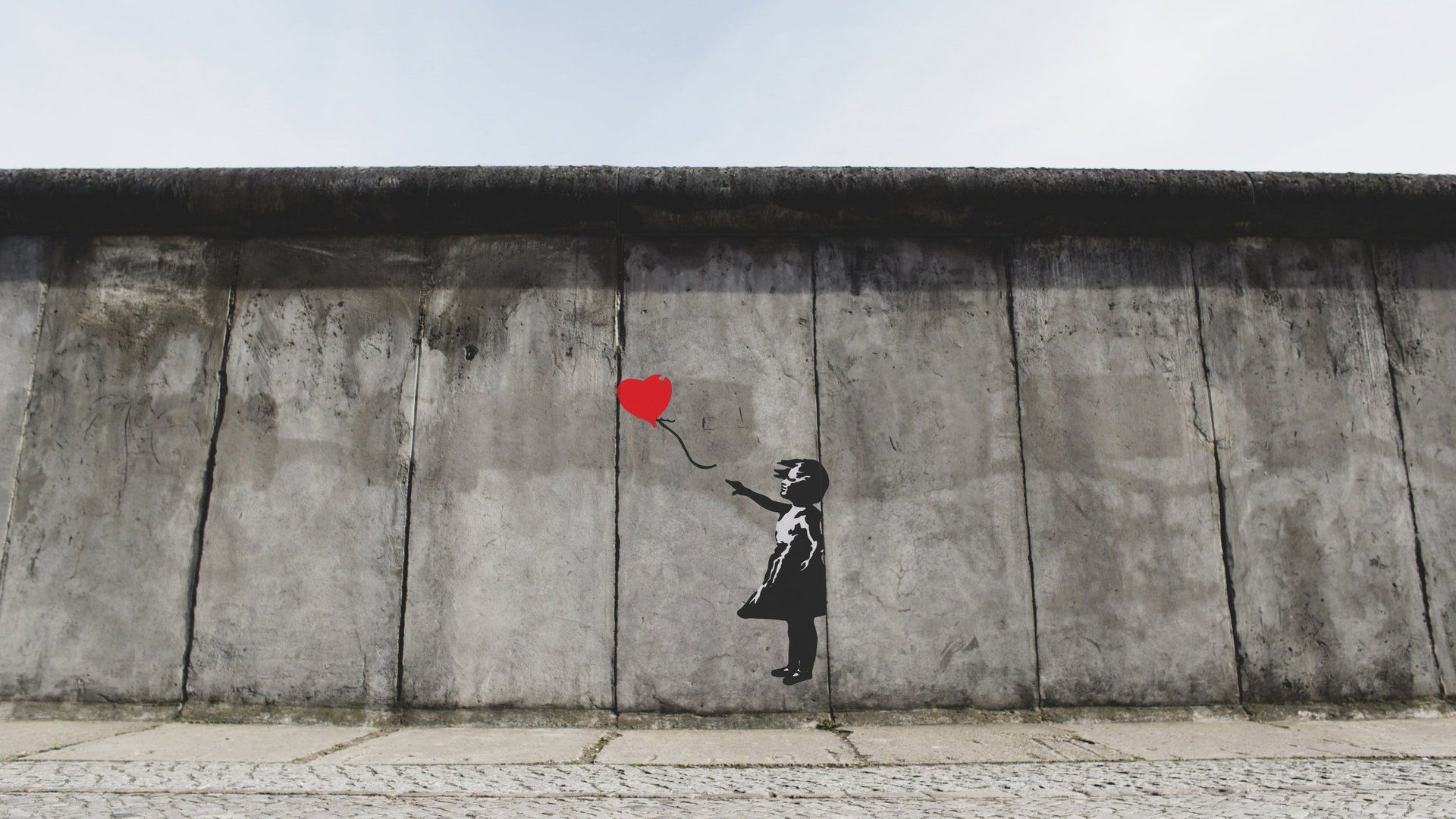Transforming Conflict
Our Approach
Conflict between individuals or groups is invariably painful. Few people enjoy it! But it is an inevitable aspect of human relationships, both at work and home (especially during times of change). We therefore seek to embrace conflict as an unavoidable part of the transformation process, operating with the mantra: "Resistance is fertile!" Julie's skills in this area of transformation have been honed at an organisational level where, she has noted, breakthroughs often occur when conflicting forces are honestly faced and dealt with in a creative and constructive way. David's work has been at the more interpersonal level and he has trained as a mediator. Having worked for three decades in faith-based and community-oriented fields (as well as in a prison environment) he recognises that whilst we naturally seek to avoid conflict, when it occurs the wisest approach is to acknowledge "the best way out is always through" (Robert Frost). Such a way - of transforming conflict - is best navigated with good companions, a service we offer.
Understanding Conflict
The upside of the fact that conflict has been around for as long as human beings (and shows no sign of disappearing any time soon) it has been widely studied. Drawing upon this research we can help individuals and teams come to a better understanding of the dynamics of conflict.
Facilitating Dialogue
Practicing dialogue in groups and organisations is key to avoiding many conflicts and crucial for working through disagreements. We are skilled in facilitating dialogue even in contentious areas (e.g. human sexuality issues in the Church).
Conflict Transformation Tools
We can provide tools and techniques for addressing conflict in a transformative way. Whilst in some circumstances specialist mediation services will be more appropriate (and we can signpost clients to them) established basic approaches to conflict can often unlock individuals and groups from the grip of a dispute,
Know Thyself
Insights from the fields of organisation development on the "Use of Self" and professional development around reflective and reflexive practice highlight the importance of self-awareness. Psychological theories of projection and transference also suggest our role in conflict is not necessarily 'clean'. We can help individuals and groups develop reflexive ways of being that mitigate some of these factors.




